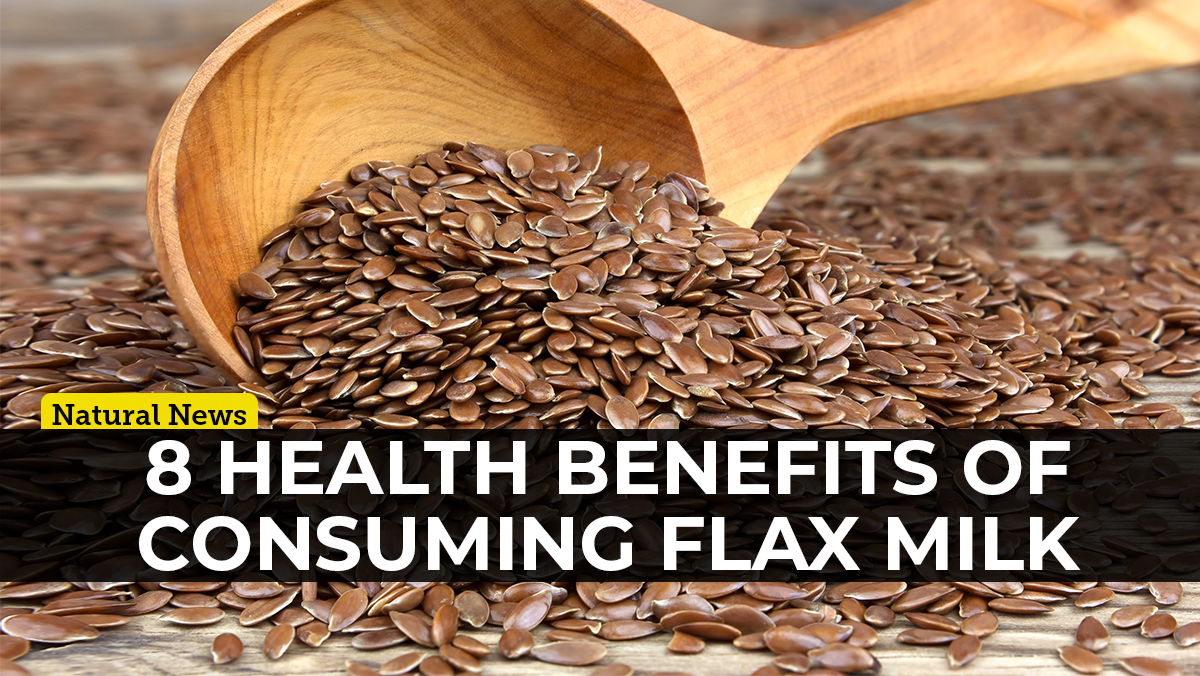Exercise puts your fat to work for your metabolism, according to research
09/23/2019 / By Melissa Smith

An international study led by researchers from Harvard Medical School revealed how exercise boosts metabolism. The study, published in the journal Nature Metabolism, showed that exercise boosts metabolism and improves health by prompting fat to release molecules that regulate metabolism. These molecules are called transforming growth factor-beta 2 (TGF-beta 2).
TGF-beta 2 is an adipokine, a large group of signaling proteins that originate in fat cells. Adipokines play a role in regulating metabolic processes in fat tissue, as well as in the brain, liver, and other organs. They also play a role in immune system function.
For the study, the researchers examined adipokines in humans and mice before and after exercise. They observed that TGF-beta 2 levels increased after exercise and that they increased not only in fat tissue but also in the blood.
They also learned that treating mice with TGF-beta 2 caused metabolic changes, such as increasing fatty acid uptake and improving glucose tolerance.
In another part of the study, the researchers induced obesity in mice by feeding them a high-fat diet. Then, they treated obese mice with TGF-beta 2. They found that the protein exhibited the same effect as exercise; it reversed the adverse effects of a high-fat diet on metabolism.
In the last part of the study, they gave TGF-beta 2 to mice with Type 2 diabetes caused by a high-fat diet. They found that the protein caused a similar effect to that of exercise and reversed the negative effect of the diet on metabolism.
Additionally, the researchers discovered that lactic acid also plays an important role in the process through which exercise-induced TGF-beta 2 affects metabolism. During exercise, the muscles release lactic acid. The acid then goes to fat tissue and stimulates fat cells to release TGF-beta 2. Taken together, the researchers concluded that TGF-beta 2 could be used to lower high blood sugar and treat Type 2 diabetes.
“This research really revolutionizes the way we think about exercise and the many metabolic effects of exercise. And, importantly, that fat is actually playing an important role in the way exercise works,” said Laurie J. Goodyear, a professor of medicine at Harvard’s Joslin Diabetes Center and corresponding author of the study.
Other ways to boost your metabolism
In addition to exercise, you can boost your metabolism through:
Eating more proteins – Protein has a high thermic effect, so your body will burn more calories to digest it. It’s best to include lean protein in every meal. Good protein sources include eggs, chicken, tuna, chickpeas, and Greek yogurt. These foods will not only increase your metabolism but will also keep you energized throughout the day. Protein can keep you full for longer periods, so it helps in managing your hunger. (Related: 5 Healthy Metabolism Boosters To Melt Fat Away.)
Drinking green tea – Instead of drinking alcohol, sodas, and calorie-rich drinks that may make you feel bloated and fatigued, drink green tea. Green tea contains high amounts of epigallocatechin gallate (EGCG), which is an ingredient known to boost metabolism. Drinking three cups of green tea every day can increase your metabolism by as much as 10 percent.
Taking green tea supplements – If drinking three cups of green tea are not effective for you, you may increase your intake to about six to 10 cups daily, although that’s a lot of green tea. Instead, you can take green tea capsules daily. You can find supplements that contain at least 70 percent EGCG.
Visit Slender.news to learn more about the benefits of keeping fit to your metabolism and other bodily functions.
Sources include:
Tagged Under: adipokine, alternative medicine, diabetes, Diseases, exercise, fightobesity, fitness, high-fat diet, lactic acid, metabolic disease, metabolism, natural cures, natural medicine, prevention, research, slender, TGF-beta 2, Type 2 Diabetes, weight loss
RECENT NEWS & ARTICLES
COPYRIGHT © 2017 FIGHTOBESITY.NEWS
All content posted on this site is protected under Free Speech. FightObesity.news is not responsible for content written by contributing authors. The information on this site is provided for educational and entertainment purposes only. It is not intended as a substitute for professional advice of any kind. FightObesity.news assumes no responsibility for the use or misuse of this material. All trademarks, registered trademarks and service marks mentioned on this site are the property of their respective owners.

















